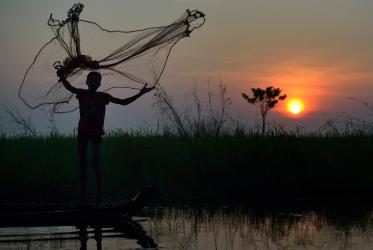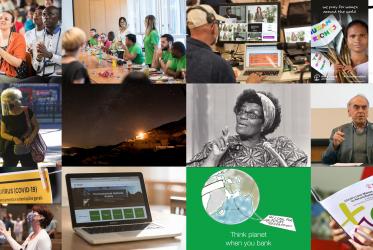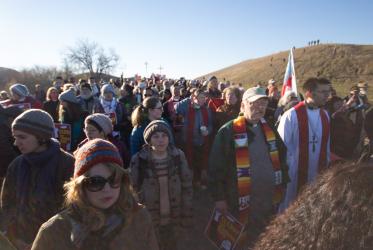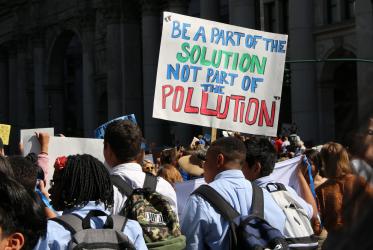Displaying 1 - 20 of 65
On World AIDS today, tackling inequalities is a matter of justice
02 December 2022
Water and justice at the WCC 11th Assembly
20 July 2022
Ecumenical International Youth Day 2021 Event Toolkit
Young People and Climate Justice
06 August 2021














